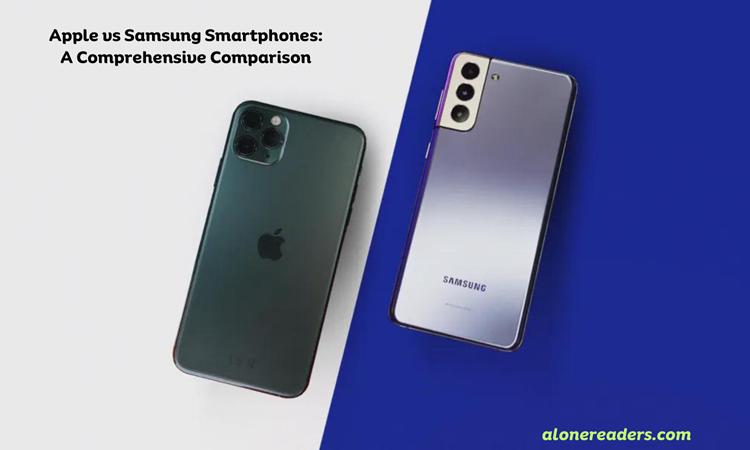
In the ultimate showdown between tech giants, Apple and Samsung continue to dominate the smartphone market. Apple's iPhones and Samsung's Galaxy series have become emblematic of the cutting-edge technology and style that consumers crave. In the U.S., Apple leads with a 52% market share as of the first quarter of 2023, outpacing Samsung's 27%. But market dominance doesn't necessarily equate to superior quality. This article dives deep into the battle of the brands, scrutinizing everything from design and performance to user community and security.
Both companies offer an extensive range of products, but they cater to different demographics, influenced by design, pricing, compatibility, and brand loyalty. Samsung's line varies from budget-friendly options like the Galaxy A and M series to the high-end S and foldable Z series. Apple, on the other hand, focuses on its flagship iPhone series and the more budget-conscious iPhone SE.
Samsung shines in the budget sector, with the Galaxy A series delivering robust features at affordable prices. Meanwhile, Apple's entry-level option, the iPhone SE, packs a powerful punch with the A15 Bionic chip but at a higher starting price.
In the mid-range market, Samsung's Galaxy A53 5G and A54 5G models offer long-term software support and impressive specs, while Apple's iPhone SE and the iPhone 13 Mini provide powerful alternatives with a higher cost of entry.
For those with a larger budget, Samsung's Galaxy S23 series, particularly the Ultra model, offers top-tier performance and photography capabilities. Apple counters with the iPhone 14 Pro series, boasting advanced processors and camera tech, albeit at a premium price.
Both Apple and Samsung have diversified into other tech products like laptops, tablets, and wearables. While Apple has long been a trendsetter in sleek laptop designs, Samsung has made strides with its Galaxy Book series. Device compatibility within each brand's ecosystem can influence consumer decisions, with each offering unique features and integration.
The battle continues on the hardware front, with Samsung's use of Snapdragon and Exynos chips contrasted against Apple's Bionic processors. While iPhones generally offer superior CPU performance, Samsung's devices often have the edge in GPU capabilities, which can be a deciding factor for mobile gamers.
Photography enthusiasts might gravitate toward Samsung's versatile camera setups, but Apple's high-end models are closing the gap with significant improvements in sensor technology. In terms of display, both brands offer vibrant, high-definition screens, though Samsung has been more aggressive in adopting higher refresh rates across its range.
Samsung typically outperforms Apple in battery life and charging speeds, offering faster charging and larger capacities, particularly in its S22 Plus model compared to the iPhone 14 Pro.
The debate between Android's versatility and iOS's streamlined approach is ongoing. Samsung's One UI layer atop Android offers customization at the cost of potential bloatware, while Apple's iOS promises a more controlled and secure user experience with timely updates.
Assessing value for money, Samsung offers a wider range of price points, providing options for every budget. However, iPhones tend to retain their value better over time, offering higher resale prices.
Although Android has made strides in security, iOS is generally perceived as more secure, thanks to Apple's frequent updates and closed ecosystem.
The winner in the Apple vs. Samsung face-off depends on individual preferences and priorities. Samsung leads with technology, camera, and value, but Apple holds the edge in security, updates, and ecosystem coherence. Ultimately, the choice boils down to personal needs, budget, and brand affinity.